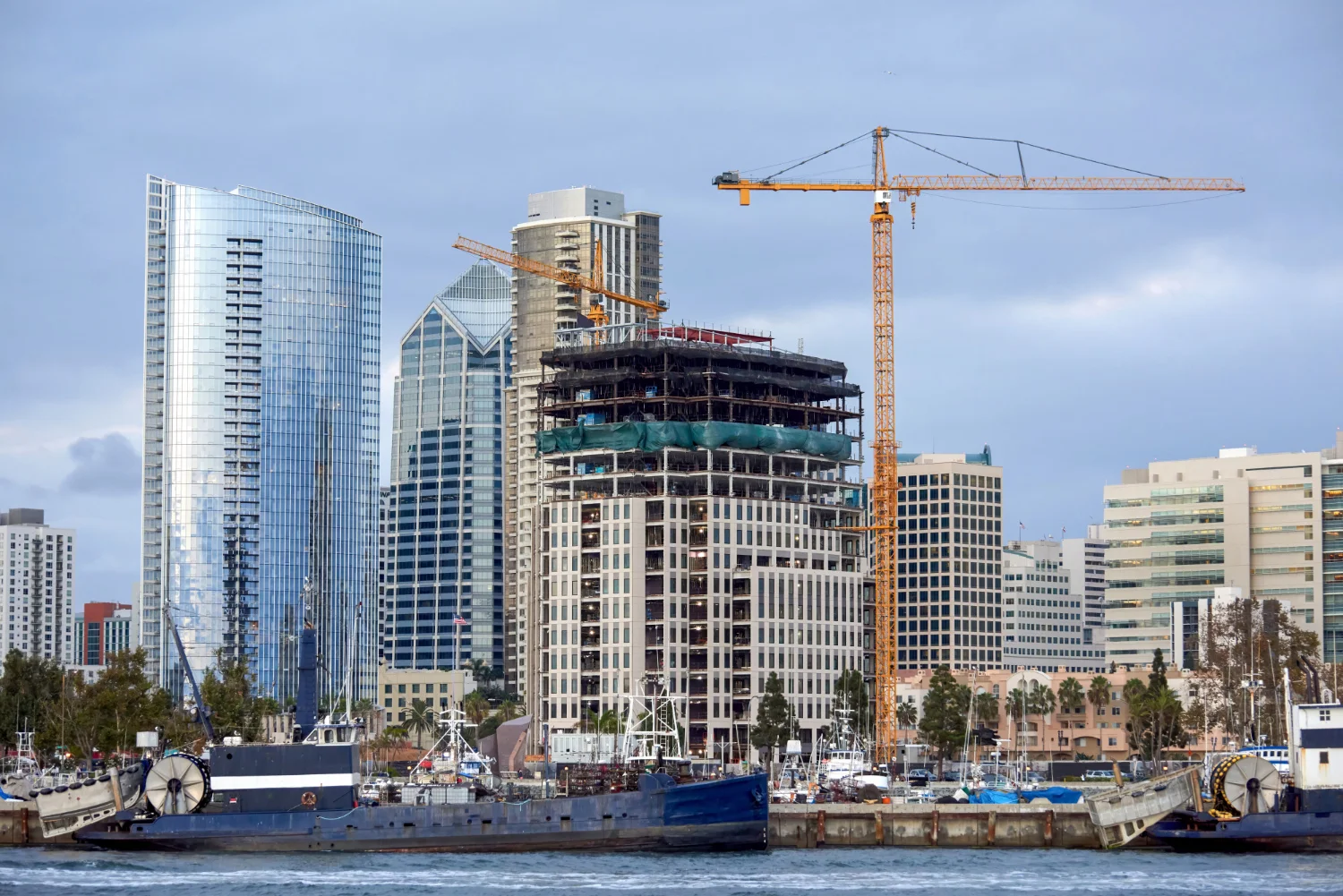As companies expand across borders, they face a simple truth: complexity grows with scale. From legal risks and tax exposure to financing requirements and shareholder expectations, structuring is no longer just a formality — it’s an essential part of executing a global strategy.
Today’s multinationals demand offshore frameworks that deliver resilience, regulatory certainty, and investor confidence.
Why Offshore Structuring Still Matters
Offshore structures remain indispensable for large corporates. But the rationale has evolved:
- Tax neutrality: Offshore holding companies don’t add extra layers of tax, supporting efficient cross-border investment flows.
- Risk segregation: Isolate assets and liabilities across markets or business lines.
- Investor confidence: Investors understand and trust established offshore jurisdictions, particularly for private equity funds, joint ventures, and SPVs.
- Financing flexibility: Offshore structures enable intercompany loans, hybrid instruments, and complex capital arrangements.
- Regulatory certainty: Many jurisdictions offer robust, tested legal systems — a crucial factor for high-value deals.
Crucially, this isn’t about “hiding money.” Offshore structuring is a mainstream, regulated part of international business.
The New Complexity: Transparency and Compliance
The world has changed. So have expectations of offshore setups.
OECD’s BEPS initiatives, Economic Substance regimes, and automatic information exchange via CRS/FATCA have raised the bar for transparency. Multinationals must design structures that satisfy:
- Economic Substance requirements (e.g., demonstrating real management and operations).
- Global tax rules (BEPS Pillar Two minimum tax thresholds).
- Disclosure obligations (Ultimate Beneficial Ownership registers, CRS/FATCA reporting).
This new era demands resilient structures — ones built not just to enable growth, but to withstand scrutiny.
Building Blocks of a Resilient Offshore Framework
What does an effective multinational offshore structure look like in practice?
Here are key elements corporates should consider:
1) Holding Companies
- Centralise ownership of operating subsidiaries.
- Optimise dividend flows, capital repatriation.
- Enable M&A flexibility and clear exit paths.
2) Special Purpose Vehicles (SPVs)
- Used for joint ventures, asset isolation, or financing.
- Clearly ring-fenced liabilities.
- Recognised and trusted by investors and lenders.
3) Special Purpose Vehicles (SPVIntercompany Financing Structuress)
- Enable cross-border loans.
- Require careful transfer pricing and regulatory compliance.
- Support global treasury management.
4) Fund and Investment Platforms
- Attract institutional investors.
- Align with global fund structuring standards.
- Deliver tax-neutral pooling of investor capital.
5) Robust Governance
- Local directorship requirements.
- Substance rules: real decision-making in jurisdiction.
- Annual filings, audited accounts, transparency obligations.
A resilient framework doesn’t avoid regulation. It embraces it — designing compliance into the structure from day one.
Jurisdictional Choices: More Than Just Tax
Choosing the right jurisdiction isn’t just about tax rates. It’s about the entire environment:
- Legal certainty (common law vs. civil law systems).
- Regulatory reputation (well-established vs. high-risk blacklisted jurisdictions).
- Banking access and ease of doing business.
- Political stability and investor perceptions.
Whether using Singapore, Hong Kong, Cayman, Luxembourg, or the UAE, the choice should reflect the company’s sector, investor base, financing needs, and long-term strategy.
The Role of Strategic Advisory
For CFOs, General Counsel, and Boards, the challenge isn’t simply incorporating a new entity — it’s designing a structure that can support growth, adapt to changing rules, and maintain investor trust.
This requires:
- Deep regulatory insight in every relevant jurisdiction.
- Tax and legal harmonisation across cross-border flows.
- Practical experience managing compliance throughout the entity’s lifecycle.
That’s why global companies increasingly partner with structuring specialists who can coordinate advisors, regulators, and banks across multiple markets.
Final Thoughts: Structuring for Resilience, Not Just Reach
Global expansion is about more than planting flags on new markets. It’s about doing so with confidence.
A resilient offshore framework isn’t an afterthought. It’s the infrastructure that allows multinationals to manage risk, attract capital, and scale sustainably in a world of growing scrutiny.
At ENCOR, we work with clients to design and maintain structures that do exactly that! Interested in rethinking your corporate structure? Get in touch to see how ENCOR can help you build with confidence.
